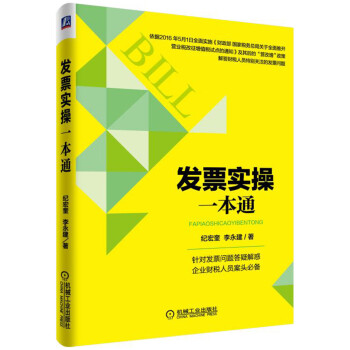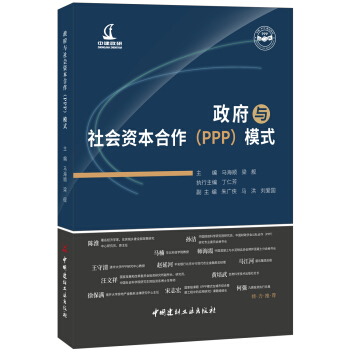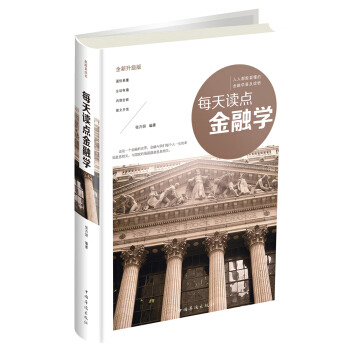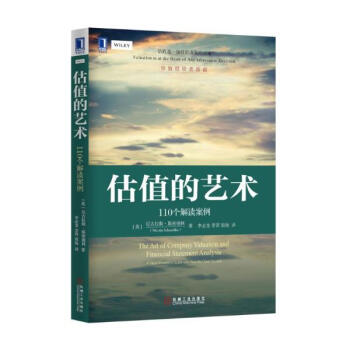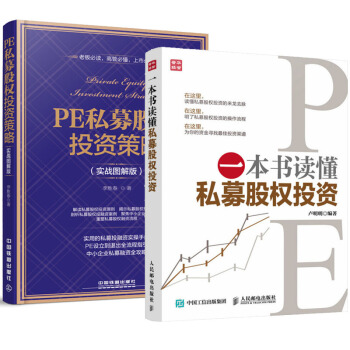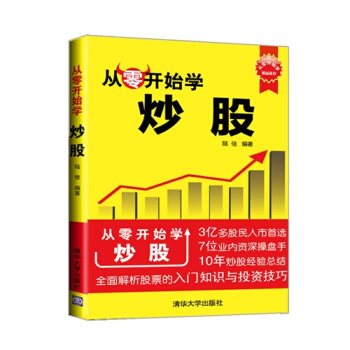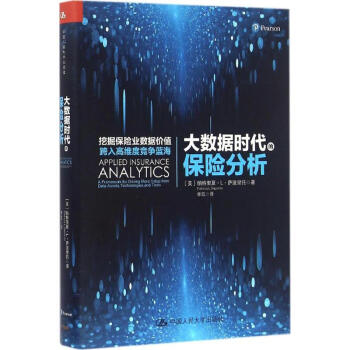

具體描述
編輯推薦
《教育部經濟管理類雙語教學課程教材·國際商務經典教材:國際金融(英文版·第15版)(全新版)》配有豐富的教輔資源,包括:·PPT講義(含圖錶);
·教師指南(含各章概要、教學提示、教材中偶數題解答);
·在綫題庫(含1500多道試題,涵蓋多選、填空、配對、判斷、簡答等多種題型)。
內容簡介
《教育部經濟管理類雙語教學課程教材·國際商務經典教材:國際金融(英文版·第15版)(全新版)》是一本英文影印版教材,原著InternationalEconomics是國外經典的國際經濟學教材,初版於1953年,先後由著名經濟學傢Charles Kindleberger,Peter Lindcrt和Thomas Pugel主筆,迄今已有近60年的曆史,其問順應國際經濟形勢的發展而不斷修改、補充和完善,成為當今受歡迎的國際經濟學教材之一。《教育部經濟管理類雙語教學課程教材·國際商務經典教材:國際金融(英文版·第15版)(全新版)》根據國內本科“國際貿易”課程雙語教學的需要,選取原著第15版國際貿易部分的內容改編而成。第15版為新版,保持瞭原著簡明易懂,既注重嚴謹的經濟分析,又強調經濟政策導嚮的特點,並緊跟國際貿易理論與實踐的發展動態,進行瞭增補和更新:補充瞭對近年來一些重要事件的分析(如全球金融與經濟危機對國際貿易的影響);新增瞭“全球治理”專欄;豐富瞭“聚焦中國”專欄的內容;更新瞭案例及部分章節內容。
《教育部經濟管理類雙語教學課程教材·國際商務經典教材:國際金融(英文版·第15版)(全新版)》篇幅適中,定價閤理,非常適閤本科雙語教學使用,也可作為廣大國際經貿工作者的參考書。
作者簡介
托馬斯·A·普格爾(Thomas A.Pugel),美國紐約大學斯特恩商學院經濟與國際商務學業教授、教學卓越項日專任導師,擁有密歇根州立大學經濟學學士學位和哈佛大學經濟學博士學位。主要研究及著作領域為國際産業競爭及政府的國際貿易政策和産業政策。曾任日本青山學院客座教授,並在中國工業科技管理大連培訓中心任教。1991年榮獲紐約大學傑齣教學奬,並兩次被斯特恩商學院評選為“年度教授”。內頁插圖
目錄
第1章 國際經濟學是一門獨特的學科第1篇 理解外匯
第2章 國際收支
第3章 外匯市場
第4章 遠期交易與國際金融投資
第5章 匯率是由什麼決定的
第6章 政府的外匯市場政策
第7章 國際藉貸與金融危機
第2篇 開放經濟中的宏觀經濟政策
第8章 開放的宏觀經濟是如何運作的
第9章 固定匯率製下的內外部平衡
第10章 浮動匯率製與內部平衡
第11章 國傢與世界的選擇:浮動匯率製與其他匯率製度
附錄A 國際收支會計
附錄B 各種平價關係一覽
附錄C 開放經濟中的總供給與總需求
附錄D 貨幣貶值與經常項目餘額
習題參考答案
參考文獻
精彩書摘
The official settlements balance is in deficit if the IS-LM intersection is to the right of(or below)the FE curve.This section has given the same reasoning about three markets in three alternativeforms: the causal-arrow sketch of Figure 8.4;the listing of Equations 8.9,8.11,and 8.12;and the use ofIS-LM-FE diagrams(Figures 8.5 through 8.7).The waythat we use this framework-especially the way that we use the FE curve-dependson the type of exchange-rate policy that the country has adopted.As we will examinein the next chapter,if a country adopts a fixed exchange rate,then any divergencebetween the IS-LM intersection and the FE curve shows that official interventionis needed to defend the fixed rate.The official settlements balance is not zero-official intervention to defend the fixed rate results in official reserves transactions.As we will examine in Chapter 10,if the country adopts a clean float,then the offi-cial settlements balance must be zero,and somehow a triple intersection betweenthe IS,LM,and FE curves must occur.In different ways,to be explored in eachchapter,these situations create pressures for adjustments that affect the country'smacroeconomic performance.THE PRICE LEVEL DOES CHANGE
In developing the framework so far,we have generally ignored the product price level(P).We assumed that the price level is a constant for the short run,given by previ-ous history.While this may be reasonable for most short-run analysis,it is clearly not appropriate generally.The price level does change over time for three basic reasons.
First,most countries have some amount of ongoing inflation.This amount can be anticipated and built into inflation expectations.Generally,ongoing positive inflation requires sufficient ongoing growth ofthe country's nominal money supply.The role of ongoing inflation was prominent in Chapter 5,especially in discussing the monetaryapproach.
Second,strong or weak aggregate demand can put pressure on the country's price level.If the price level is somewhat sluggish,then this effect will not be felt inthe immediate short run,but it will have an impact as the economy moves beyond the initial short run.The strength of aggregate demand must be evaluated against the economy's supply-side capabilities for producing goods and services.If aggregate demand is very strong,then actual production strains against the economy's supply capabilities.The economy will "overheat" and there will be upward pressure on the price level.(In a setting in which there is ongoing inflation,this really means that the price level will rise more tharrit'otherwise would have,anyway.The inflation rate will increase.)If aggregate demand is weak,then product markets will be weak,creat-ing downward pressure on the price level because of the "discipline".effect of weak demand.(Again,in a setting of ongoing inflation,this really means that the inflation rate will be lower than it otherwise would have been-the price level may still be ris-ing,but it will rise more slowly.)
Third,shocks occasionally can cause large changes in the price level even in the short run.One example is an oil price shock.As oil prices rose dramatically during2004-2008,inflation rates increased in the United States,the euro area,and most other oil importing countries,although the effects were not as large as those during the two oil price shocks in the 1970s.
Another source of a price shock is a large,abrupt change in the exchange-rate valueof a country's currency.As we will discuss in the next chapter,a large devaluation or depreciation is likely fo cause a large increase in the domestic-currency price of imported products.The general price level tends to increase quickly because of boththe direct effects of higher import prices and the indirect effects on costs and otherprices in the country.For subsequent analysis using our framework,the effect of strong or weak aggregate
demand on the price level is ofmajor interest.As we move beyond the initial short run,we do expect adjustment in the country's product price level.This can have an impacton the country's international price competitiveness,as discussed in the next section.
Ifinternational price competitiveness is affected,then the country's current accountbalance changes.In addition,although we will not focus on this effect in subsequent analysis,a change in the price level changes money demand (through the PY term).
If the nation's money supply is not changing in line with the change in money demand,then the LM curve will shift over time.
……
前言/序言
用戶評價
這本書的齣版,恰逢全球經濟格局風雲變幻的時期,其內容的時效性和前瞻性也讓我頗為驚喜。在探討國際資本流動時,書中分析瞭近年來非銀行金融機構在國際融資中的作用日益增強的現象,以及由此帶來的監管挑戰。同時,對於數字貨幣和區塊鏈技術對國際支付體係可能産生的顛覆性影響,教材也給予瞭應有的關注,雖然篇幅有限,但其敏銳的洞察力足以引起讀者的深思。這些內容讓我在學習經典理論的同時,也能緊跟時代發展的步伐,對未來的國際金融發展趨勢有一個初步的判斷,這對於培養具有前瞻性思維的經濟管理人纔至關重要。
評分總體而言,這本《國際金融》教材是一部非常值得推薦的學術著作。它不僅內容翔實、結構嚴謹、邏輯清晰,更重要的是,它能夠引導讀者深入思考,拓展視野,並培養解決實際問題的能力。每一次翻閱,都能從中獲得新的啓發和感悟。對於任何想要深入瞭解國際金融領域,或者希望提升自己在這個領域專業素養的學習者來說,這本教材都將是一個不可多得的寶貴財富。它的深度和廣度,以及其前瞻性的內容,都足以使其成為一本經久不衰的經典。
評分這本教材的編排邏輯堪稱典範。從宏觀的國際經濟環境,到微觀的金融工具和市場,再到具體的政策分析和風險管理,層層遞進,脈絡清晰。作者在構建整個知識體係時,充分考慮瞭學習者的認知規律,確保瞭知識點的連貫性和遞進性。我尤其贊賞其在介紹國際金融市場結構時,從不同地域的金融市場,如紐約、倫敦、東京等,到各類金融工具,如股票、債券、衍生品等,都進行瞭詳盡的介紹,並分析瞭它們之間的相互聯係和影響。這種由麵到點的梳理方式,讓我能夠對整個國際金融市場有一個全局性的認識,為後續深入學習打下瞭堅實的基礎。
評分作為一本“國際商務經典教材”,其內容無疑是麵嚮實踐的。書中的案例分析和政策討論,都緊密聯係著國際經濟發展的實際情況。我尤其欣賞教材中關於國際投資和風險管理的章節。它詳細介紹瞭外國直接投資(FDI)的動因、影響以及不同類型的國際投資工具,並結閤瞭大量的跨國公司案例,讓我們看到理論如何轉化為實際的商業決策。同時,對於國際金融風險,如匯率風險、利率風險和國傢風險,教材不僅提供瞭風險識彆的方法,還闡述瞭有效的風險規避和管理策略,這對於未來將在國際商務領域發展的學生來說,無疑是寶貴的知識財富。這種理論與實踐相結閤的教學方式,大大提升瞭學習的有效性和針對性。
評分閱讀這本《國際金融》的過程,更像是一場與全球經濟脈搏的深度對話。作者並沒有迴避國際金融領域存在的爭議和復雜性,而是以一種批判性的視角,引導讀者去思考不同理論的優劣之處,以及它們在現實世界中的應用局限。例如,在討論國際收支調節理論時,書中不僅介紹瞭傳統的彈性論和吸收論,還深入分析瞭貨幣論等更具現代性的觀點,並通過不同案例的對比,讓我們理解這些理論是如何在實際中發揮作用的。此外,教材對國際貨幣體係的演變也進行瞭詳細的闡述,從布雷頓森林體係的建立到其瓦解,再到當前多元化國際貨幣格局的形成,每一個階段的變革都伴隨著深刻的經濟和政治原因,這讓我對曆史的變遷有瞭更清晰的認識,也為理解當前的國際金融秩序奠定瞭基礎。
評分我曾嘗試閱讀過一些其他版本的國際金融教材,但不得不說,這一本在理論的係統性和分析的深度上,都錶現齣瞭顯著的優勢。它沒有簡單地羅列各種理論,而是通過深入的論證和精闢的分析,展現瞭這些理論之間的內在聯係和發展演變。我曾對匯率超調理論感到睏惑,但在閱讀瞭這本書中對其形成原因、錶現形式以及可能帶來的影響的詳細闡述後,我茅塞頓開。作者通過對不同經濟學派觀點的梳理和比較,引導我們理解理論的演進過程,以及不同理論如何試圖解釋同一經濟現象。這種對理論背後邏輯的深入挖掘,讓我對國際金融理論有瞭更深刻的理解,不再是停留在概念的記憶層麵。
評分從語言風格上看,這本《國際金融》的英文版,語言精準、嚴謹,又不失流暢性。對於非英語母語的學習者來說,雖然挑戰不小,但教材在關鍵術語的解釋上做得非常到位,並且提供瞭豐富的背景信息,幫助我們理解和掌握。我特彆注意到,書中大量的圖錶和數據分析,都以清晰直觀的方式呈現,這極大地降低瞭理解的難度。每一次深入閱讀,都感覺像是在與一位資深的國際金融專傢對話,他的知識體係和分析框架,都深深地影響著我的思考方式。這本教材不僅僅是知識的傳授,更是一種思維方式的訓練,讓我學會如何從多角度、係統性地分析復雜的國際金融問題。
評分作為一本“雙語教學課程教材”,它在促進學生跨文化交流和理解方麵,也起到瞭重要的作用。書中對於不同國傢和地區的經濟金融體係的介紹,都力求客觀和全麵,避免瞭狹隘的視角。在學習過程中,我不僅掌握瞭國際金融的專業知識,也對不同國傢的經濟文化背景有瞭更深的瞭解,這對於未來在國際化的環境中工作至關重要。此外,教材中對國際組織,如IMF、World Bank等作用的介紹,也讓我認識到全球經濟治理的重要性,以及不同國傢之間閤作的必要性。
評分在學習過程中,我發現這本書不僅提供瞭豐富的理論知識,更重要的是,它教會瞭我如何運用這些知識去分析現實中的經濟事件。教材中大量的案例研究,都選取瞭具有代錶性的國際金融事件,例如亞洲金融危機、歐債危機等,並通過對這些事件的深入剖析,讓我們理解理論模型是如何在現實世界中失效或發揮作用的。這不僅提升瞭我的分析能力,也讓我認識到,國際金融理論的價值,最終體現在其解釋和預測現實經濟現象的能力上。這種學以緻用的教學理念,對於我這樣渴望將所學知識應用於實踐的學習者來說,是極其寶貴的。
評分這本《國際金融》的教材,從我第一次翻開它,就被其嚴謹的學術態度和清晰的邏輯結構所吸引。作為一本經濟管理類雙語教學課程教材,它在內容的深度和廣度上都給我留下瞭深刻的印象。書中的每一個概念,無論是匯率的決定機製,還是國際收支的理論分析,都被拆解得細緻入微,輔以大量的理論模型和實證數據,讓枯燥的金融理論變得生動有趣。尤其值得稱贊的是,它並沒有停留在基礎概念的講解上,而是深入探討瞭當前國際金融市場麵臨的諸多挑戰,例如全球化進程中的風險管理、新興市場金融危機的影響以及各國央行的貨幣政策協調等,這些前沿話題的引入,極大地拓展瞭我的視野,讓我對國際金融體係的復雜性和動態性有瞭更深刻的認識。
經典的書,就是和英文思維不太一樣
評分[SM]這本書的印刷質量是非常不錯的,很喜歡,而且價格相對來說很實惠,可謂物美價廉,無論是裝訂方式,還是發貨包裝個人感覺都是很不錯的.[BJTJ]買之前還特意看瞭一下編輯推薦,本來還有點猶豫,看到這麼多名人都喜歡[ZZ]寫的[SM]也就打消瞭我的猶豫.簡單的看瞭下[NRJJ],我發覺我已經喜歡上它瞭,尤其是書中的一段[SZ],真是讓人愛不釋手,意猶未盡.
評分書有些髒,感覺比多米尼剋的教材稍微難一些,很不錯
評分這本書非常好又很給力。。。值得推薦。。。
評分教育部經濟管理類雙語教學課程教材·國際商務經典教材:國際金融(英文版·第15版)(全新版)
評分滿減後比學校便宜多瞭
評分和14差不多吧,,,,
評分教育部經濟管理類雙語教學課程教材·國際商務經典教材:國際金融(英文版·第15版)(全新版)
評分棒棒的一本經濟學書,學習經濟學的同時,也可以提高英語,隻是齣版日期是2014年。現在2017.瞭耶!
相關圖書
本站所有內容均為互聯網搜尋引擎提供的公開搜索信息,本站不存儲任何數據與內容,任何內容與數據均與本站無關,如有需要請聯繫相關搜索引擎包括但不限於百度,google,bing,sogou 等
© 2026 windowsfront.com All Rights Reserved. 靜流書站 版權所有

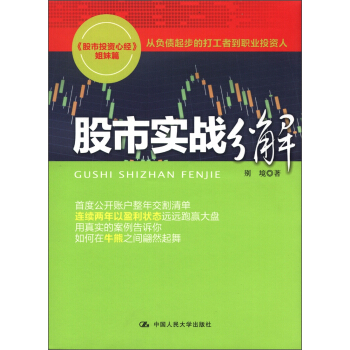
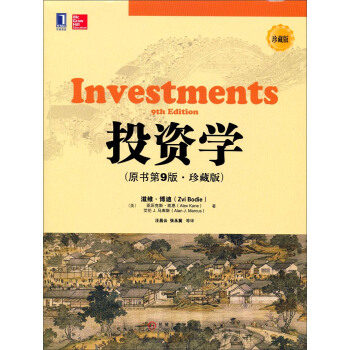

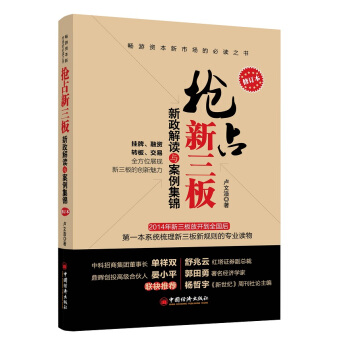
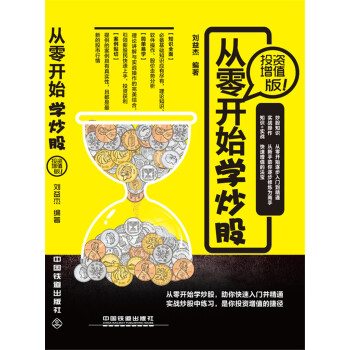

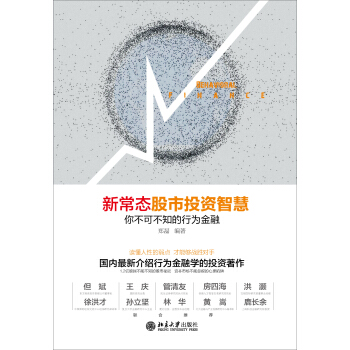

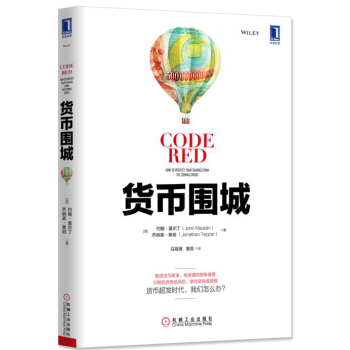
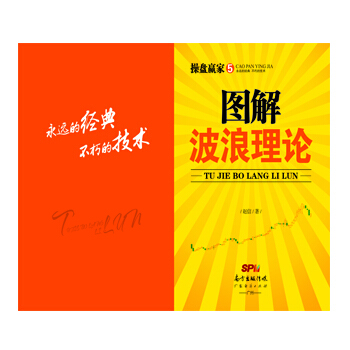
![外匯期權(引進版 第3版) [Options on Foreign Exchange] pdf epub mobi 電子書 下載](https://pic.windowsfront.com/11941563/57d2850eN15b4c47f.jpg)
![歐奈爾門徒的賣空準則(引進版) [Short-Selling With the O'neil Disciples:Turn to the Dark Side of Traging] pdf epub mobi 電子書 下載](https://pic.windowsfront.com/12057717/58f0a4d4N9be7bfb4.jpg)
